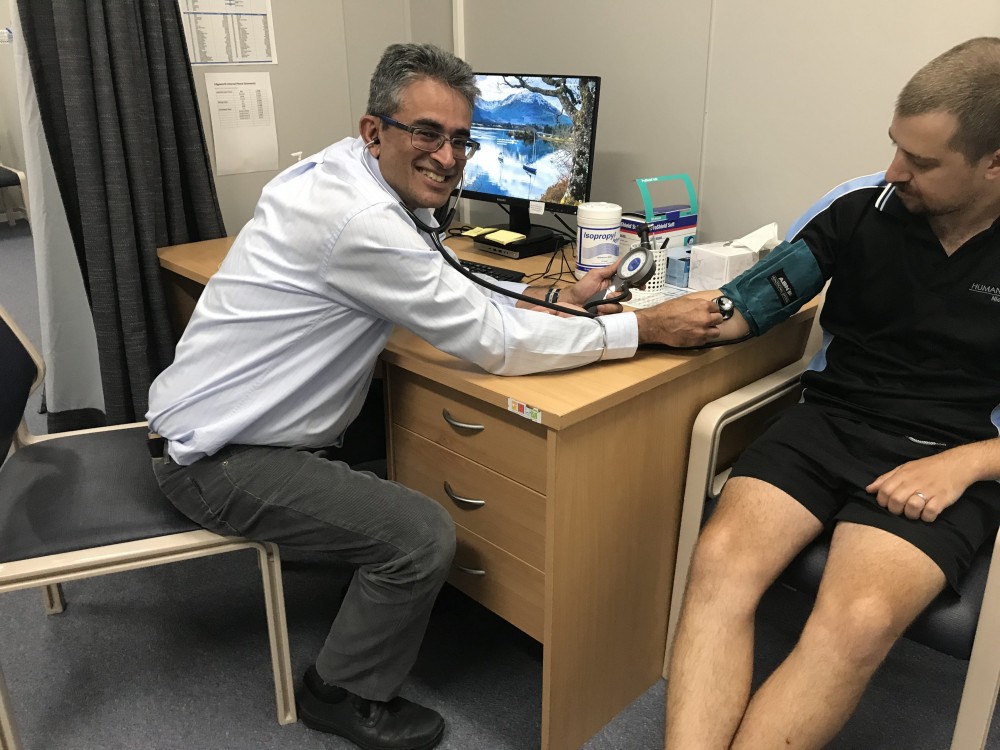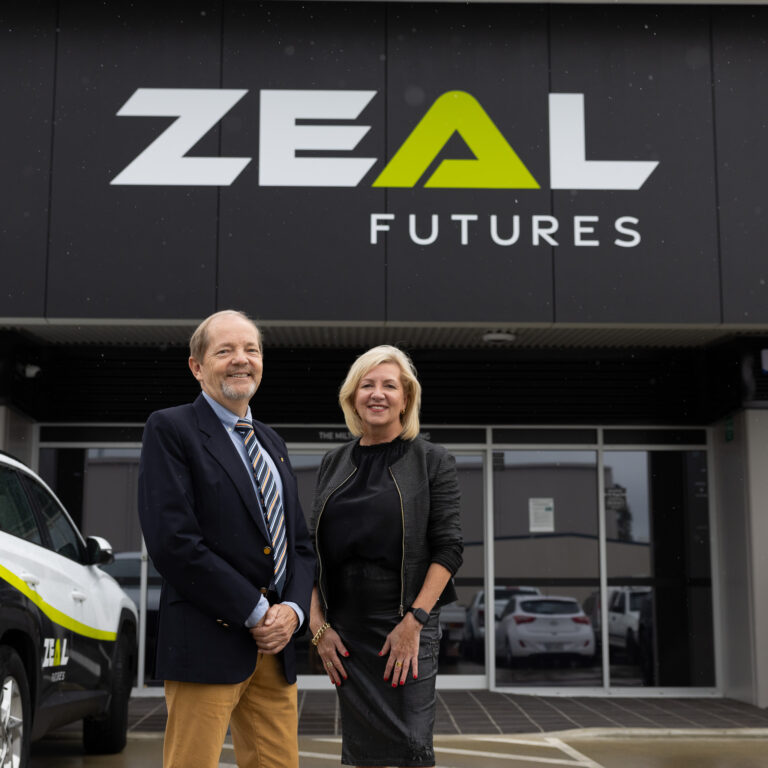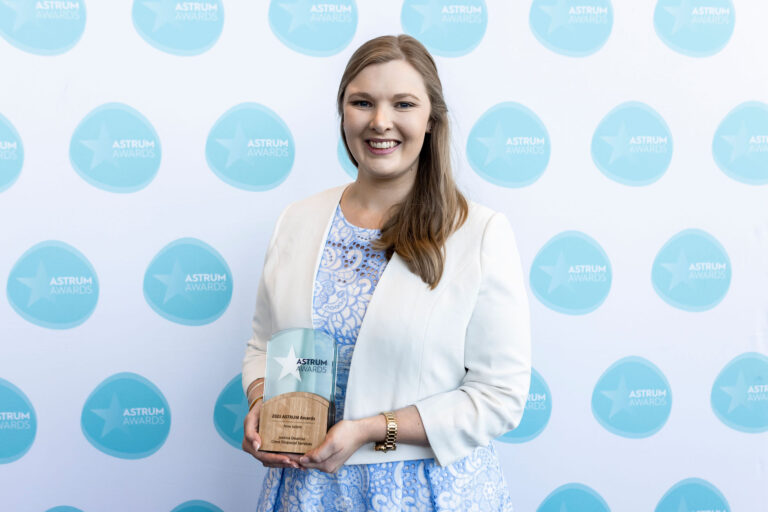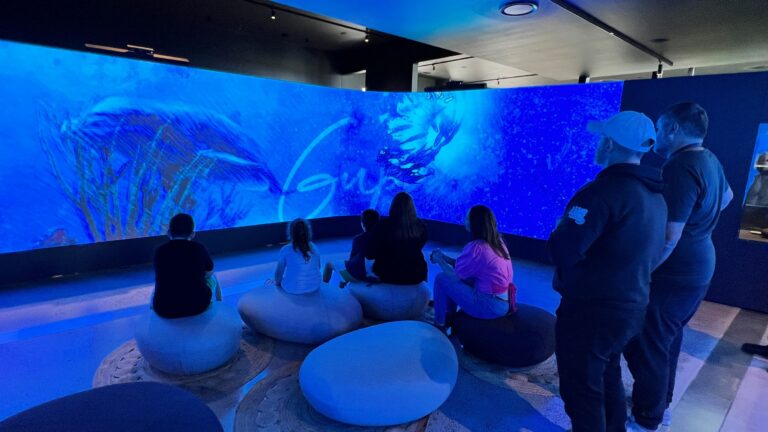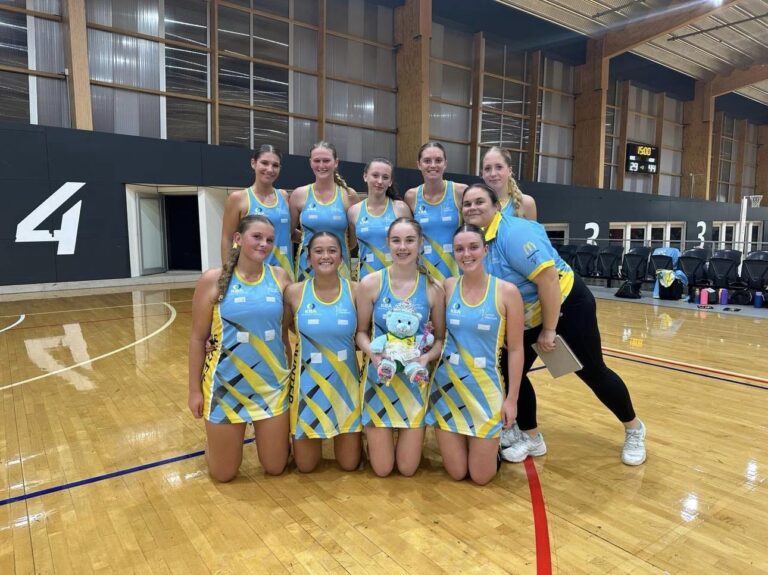Hunter based workplace health services company, Humanomics, in partnership with the Centre for Resources Health & Safety (CRHS) at the University of Newcastle, have commenced a ground breaking research project to help fight against silicosis and save lives.
With 10 per cent of lung cancers being attributed to workplace exposures and silicosis on the rise in recent years, the two teams are collaborating to find solutions against what is being regarded as the next asbestosis.
Humanomics Managing Director, Sanjiv Parmar, said silicosis can be severe and that their team are aiming to make all the difference they can with their research.
“Unfortunately, silicosis is an irreversible condition and has taken the lives of many young workers. We are trying to make a difference and save lives,” Sanjiv said.
For Sanjiv, the quest to reduce lung disease in the workplace is a deeply personal one having witnessed two brothers-in- law who suffered and passed away as a result of the work- related lung diseases.
The aim of this research is to undertake an independent study to identify current testing technologies and protocols for the early screening of silicosis and to validate these technologies for the development new testing processes and procedures.
“Current testing methods for silicosis detection can be inconclusive, expensive and incredibly challenging both physically and mentally for the affected and suffering employees,” Sanjiv said.
Silica dust is 100 times smaller than a grain of sand; it is invisible and is prevalent across a range of industries including stone cutting, construction and demolition, tunnelling, as well as quarrying and mining operations.
Sanjiv said that he was thrilled the team at Humanomics would collaborate with University of Newcastle to work in in this area of research.
“The University of Newcastle is a leader in the field of work-related disease and therapy research, so I am very happy to be working with this level of expertise,” he said.
“I am hoping that we find new and better ways to detect silicosis early. It would be great to know our contribution could save so much suffering.
“Coincidentally, current lung function testing processes such as spirometry testing cannot be undertaken due to the COVID-19 virus, so other testing methods will need to be found in the longer term. There may be specific biomarkers that could provide an answer.”
The early silicosis detection research has support from Work Cover NSW and the NSW Dust Diseases Board and is supported by an Innovations Connection grant as part of the Australian Government’s Entrepreneurs’ Program in partnership with Humanomics.
IMAGE | Humanomics Doctor of Medicine (MD), Sanjiv Parmar, with patient.

